Your ability to change is a crucial tenant of career development success. As we work in various roles, our peers, the company, and the world around us continue to evolve. We don’t have much control over anything other than our behavior, thoughts, and reactions. As the high-tech companies around us continue to downsize, our ability to adapt, change and show resilience will continue to be critical to our career development success. Claire Newton from New Zealand put together one of my favorite examples of a Circle of Control, Influence, and Concern exercise based on Stephen Covey’s model. She provides a poster and directions so you can complete the exercise individually or with a group.
Self-Discovery is something we focus on as we begin our careers. We think about what we like and don’t like, what we studied in school, and we begin working. As the paychecks come in and we start to develop expertise and are recognized for the results we’re delivering, we forget to continue to explore and are oftentimes too busy with work and life to stop and reflect. Whether you’re at an inflection point you’ve chosen (by retiring, quitting, or deciding to change companies or roles) or your job has been eliminated, or your company has made the decision to downsize, and your group or project was impacted, right now is a great time to do self-discovery work.
Start with the Circle of Control and focus on what you can control. Work to let go of those things you cannot change (the economy, what’s happening in the government, the price of gas, the fact your job was eliminated) and move your thinking and actions to align with those things you can control. Spend time learning more about yourself, focusing on the type of role you want next, researching companies, and reaching out to your network for introductions and support. Think about yourself as the solution to someone’s problem. Who has a problem you can solve with ease, excellence, and enjoyment? What types of problems do you enjoy solving? What type of work makes your heart sing? Focus your resume, your efforts, and your networking on the problems you love to solve. Shy away from trying to be the solver of all problems – a jack of all trades. Instead, pick some very specific targets and go after the work that you are best suited to do. Look at your resume and remove the things you don’t enjoy doing – don’t advertise them. Get more specific and clear on how you are the best person for the problems needing solutions.
I believe in you. Your uniqueness. Your ability to solve hard problems. Your tenacity in finding work that fulfills you and solves a business need. Focus on what you can control and adapt to be come more change able.
